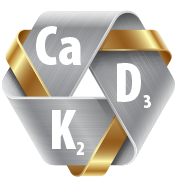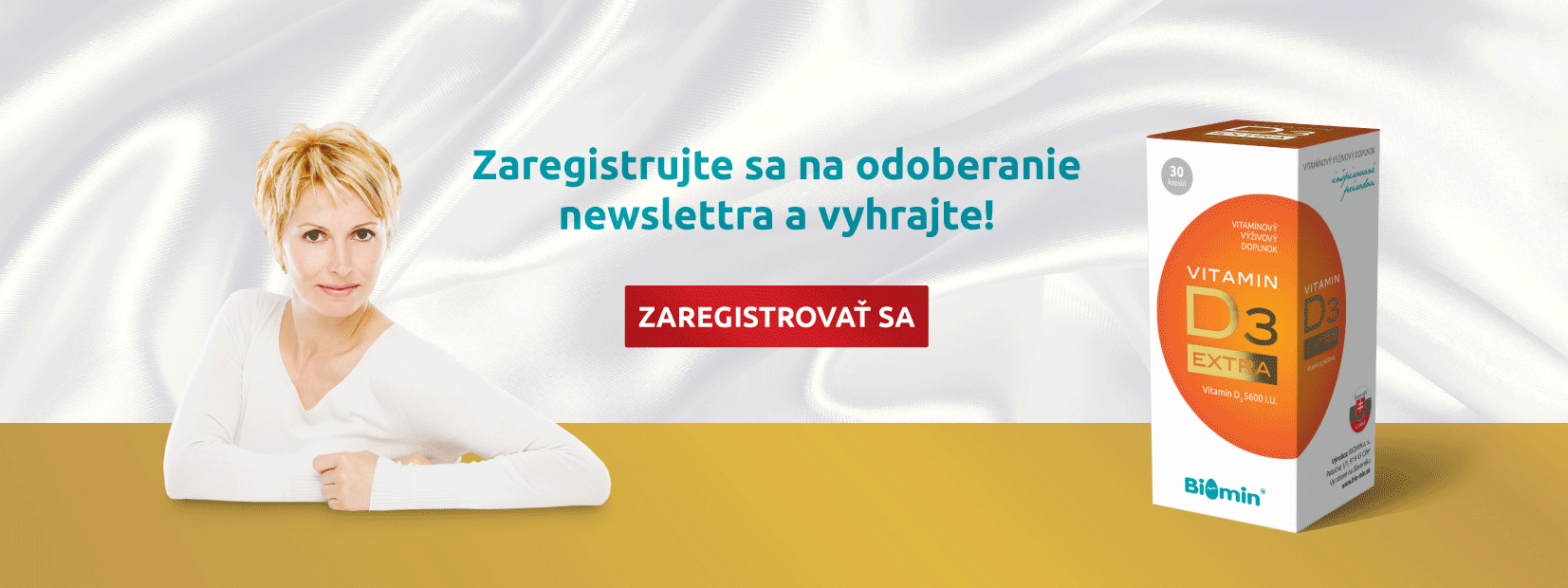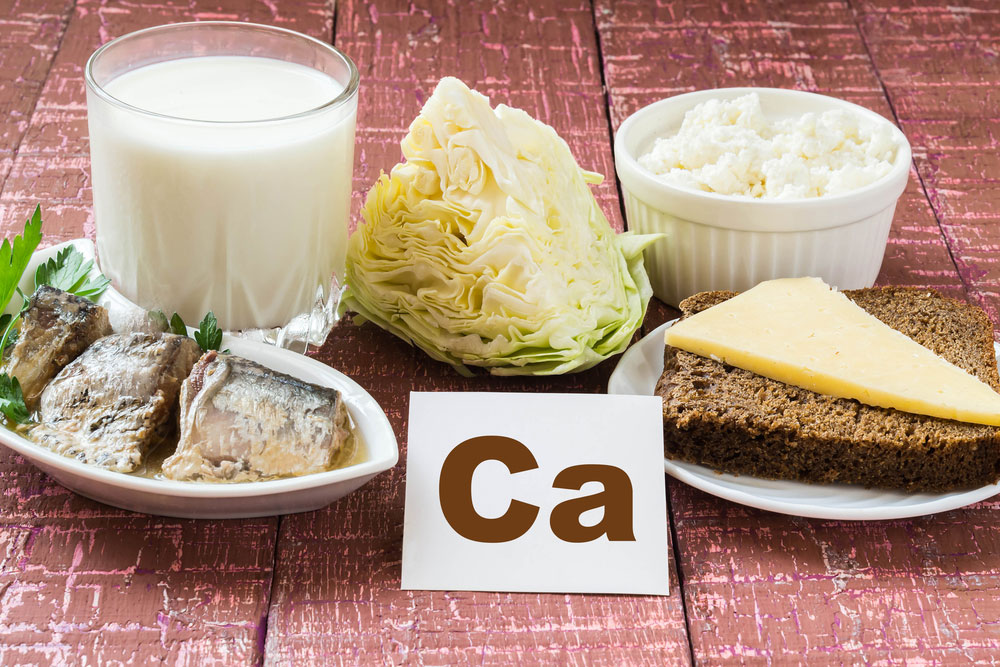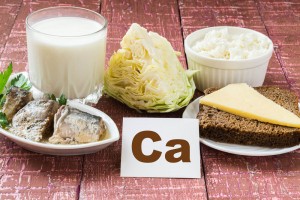Every woman needs calcium!
But do we also need vitamin K2 and vitamin D3?
Why calcium does not work properly without these strong allies?
And what the role do they have in our body?
Calcium, together with vitamin K2 and D3 form a perfect ensemble for the health of our bones. Calcium that is bound in the form of calcium hydroxyapatite crystals is needed as a basic building material for strong and resilient bones. However calcium when used alone is does not form a sufficient supplement. In order to ensure balance in the body, we must direct calcium into the places where it is beneficial. And for this purpose we need the right combination of calcium, vitamin K2 and vitamin D3. While vitamin D ensures the absorption of calcium into the blood, vitamin K2 directs calcium into the places where it is necessary, into the bones and teeth…
What is vitamin K2?
Vitamin K2 is a fat-soluble vitamin that contributes to a maintenance of healthy bones and possibly reduces the risk of cardiovascular disease. Because vitamin K2 directs calcium into the bones and teeth, where it is needed, calcium is not deposited in the blood vessels and tissues. The bones in the human body are constantly formed and dismantled. Calcium needs osteocalcin for its proper deposition into the bones. Osteocalcin is able to bind calcium and place it correctly only if there is enough of vitamin K2. Vitamin K2 activates osteocalcin. It is believed that another important role of vitamin K2 is cancer prevention and activation of proteins that control cell growth in the body. Lack of vitamin K2 may contribute to an increased incidence of cardiovascular diseases, osteoporosis and cancer, which we have been witnessing in increasing amount in the last decades. It might be difficult to get this vitamin from food as it is made up only by certain types of fermenting bacteria. When vitamin K2 was discovered we did not think that it has a great importance and only recently vitamin K has become a subject of research. It is believed that vitamin K2 can deplete fatty and calcareous deposits from blood vessels and thus it can have direct effect on decreasing the risk of coronary heart disease.
Why should we use the combination of calcium, vitamin K2 and vitamin D3?

Be aware of these substances, which limit the usefulness of calcium:
- Phosphorus – an excess in its income creates insoluble salts. The maximum recommended ratio of calcium and phosphorus is 1: 1.5.
- Oxalates and phytates form insoluble salts with calcium. They are located mainly in leafy vegetables, rhubarb, spinach, cocoa, chocolate.
- Fibre not only reduces the absorption of fat, but calcium as well.
- Fats with calcium form soaps by chemical reaction.
- Magnesium when co-administered with calcium, it restricts calcium absorption. Daily recommended dose of calcium and magnesium in nutritional supplements for adult is 800 mg and 700 mg, respectively.
- Proteins – after entering the body, they significantly increase acidity of inner environment, which leads to increased release of calcium from the bones.
- Sodium increases the excretion of calcium by the kidneys.
Is overdose with calcium possible?
The recommended daily dose is designed to complement the lack of calcium in the body. So if you follow it, nothing unexpected should happen. Calcium overdose is possible, but it is also very rare. If this happens, there is no need to worry. But you may experience constipation, anorexia, vomiting, headache, thirst and decreased nerve excitability. If you have accidentally taken a dose higher than the recommended daily dose, you should consult your condition with your doctor.
Myths and truths about calcium intake
- Myth: Morning has to be rich in calcium.
Truth: The best time for calcium intake is evening, because the body is able to utilize it in a best way during sleep. This however does not mean that we should not take the breakfast meals rich in calcium.
- Myth: Calcium and vitamin D3 should be taken together
Fact: Vitamin D3 is a fat-soluble vitamin. Interaction of calcium and fat in the gastrointestinal tract leads to a formation of insoluble soap forms which are unusable for the body. The same is true for vitamin K2. If you want to achieve the best effect, a time window between use of calcium and vitamins should be about 2-3 hours. We recommend to take vitamins K2 and D3 in the morning and calcium in the evening.
- Myth: The best is to use calcium after the main meal
Truth: Do not take calcium after the meal with high fat content. The interaction between calcium and fats can form insoluble soap forms in the digestive tract.
- Myth: Excessive use of salt dose not hurt anyone
Truth: Salt contains sodium, which increases the excretion of calcium from the body. Similarly, you should also avoid mineral waters rich in sodium.


















